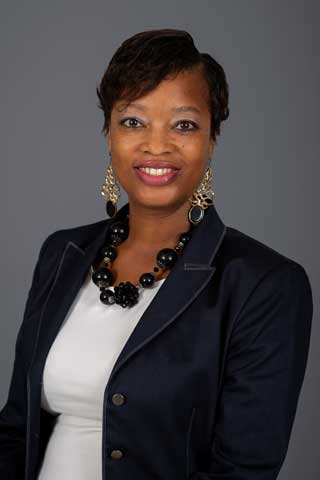Alston writes book about African American fathers
Parental involvement extends beyond the classroom

A new book by Dr. Tasha Alston, chief diversity and inclusion officer at the University of Pittsburgh at Bradford, challenges the narrative that African American fathers are not involved in their children’s education.
“The narrative that African American fathers are not as involved or don’t want to be involved is not true,” Alston said. “African American fathers are involved and want to be involved.” Alston seeks to change perceptions in her book, “African American Fathers’ Involvement in their Children’s Education,” published by Lexington Books.
She researched the book, her first, for her doctoral thesis at the University of Georgia, where she earned a doctorate in educational psychology in 2016.
Before she began working on her doctorate, Alston was a social worker specializing in children and families in culturally diverse communities, which is where she first became interested in the topic.
“Fathers were not being included in the work of strengthening families or in treatment plans,” she said. “However, they were present and engaged in their children’s personal and educational lives and often lived within close distances.”
Alston said that studies have shown African American fathers to be more involved in their children’s lives than men of other races, although their involvement may look different.
“African American fathers encourage children outside of the school environment to succeed in education by providing for their child or children to ensure they have the resources necessary to advance education and academic achievement. They also provide knowledge that supports the child’s educational attainment and help the child navigate the school environment to ensure success in school. These are forms of involvement.”
African American fathers are involved, but this involvement does not always occur in school environments, she said. As a result, educators, often do not see or value the involvement that African American fathers have in their children’s educational lives.
“However, that involvement is important, and should be valued, validated and respected,” she said.
For her research, Alston interviewed a handful of African American fathers nominated by predominantly African American communities.
“I was unapologetic in placing race in the forefront of the research,” she said, “giving a voice to African American fathers and creating a place and space for African American fathers to tell their own narratives in their own voice. African American males are the only ones who can provide the perspective of being an African American father.”
--30--